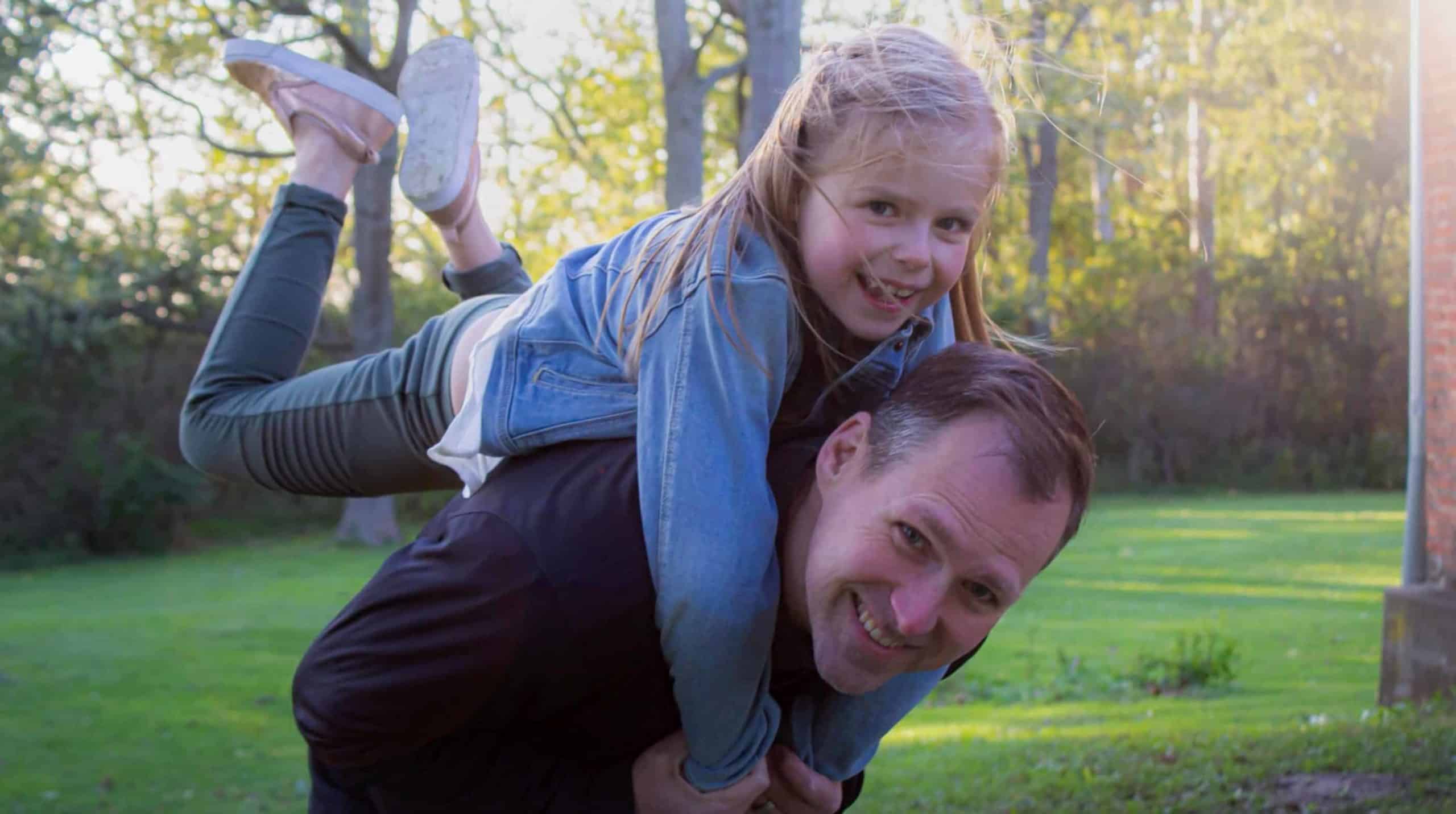Eight-year-old Kate’s brain was always working in overdrive. She took more time to complete tasks, had little energy left after school, experienced headaches, struggled to remember her choreographed steps in dance class and just never enjoyed reading.
All that changed shortly before the start of the 2019-2020 school year, thanks to St. Charles, Ill.-based behavioral and developmental optometrist, Carla D. Adams OD, FCOVD, of the Mind-Eye Institute (www.mindeye.com). Dr. Adams went well beyond standard eye-care tests to evaluate Kate’s eye-ear synchronization and check the balance between her central and peripheral eyesight, says Kate’s mom.
“My daughter had passed all her previous eye exams for school, and a pediatrician told us that her headaches were likely related to dehydration – not drinking enough water,” recalls Kristen Foley, of Geneva, Ill. “But Dr. Adams immediately discovered that Kate’s eyes were not tracking correctly. She also had convergence insufficiency; in other words. Her eyes were not working together properly, and her field of vision was constricted.”
Unbeknownst to her parents, Kate had been keeping up with her classwork even though she had double vision when reading or looking at objects up close because of her convergence insufficiency. “And, her eye-tracking difficulties caused her to skip or repeat words and miss lines while reading,” Kristen says.
Most amazing to Kristen was Dr. Adams’ scientific testing methods, especially her use of a small bell, which a patient, with eyes closed, tries to reach out and tap with a finger while the optometrist is ringing it.
“At first, Kate is missing the bell by a mile. She cannot find it,” Kristen remembers. “Then, Dr. Adams starts putting different lenses and color filters across Kate’s eyes – while they are still closed — and, suddenly, Kate is finding the bell with confidence.”
Kristen is referring to the Z-Bell Test℠, a simple but revolutionary method of checking a patient’s overall sense of surrounding space and his or her integration of visual processing with awareness of auditory space. The test was developed and patented by Deborah Zelinsky OD, founder and executive research director of the Mind-Eye Institute, headquartered in Northbrook, Ill. Dr. Zelinsky is internationally known for her studies and clinical work on how alterations of light on the retina impact brain function.
Dr. Adams recently joined the Mind-Eye Institute because of what she calls Dr. Zelinsky’s successful work in applying advanced neuro-optometric rehabilitation techniques and her use of therapeutic “brain” glasses to help lessen patients’ symptoms from traumatic brain injury, stroke and other neurological-related disorders or develop new skills in children and adults identified as “learning challenged.”
“Having Dr. Adams examine Kate was a happy circumstance,” Kristen says. “I started working part-time in billing for Dr. Adams’ practice in St. Charles and, when it came time for Kate to have another eye exam before entering second grade, I decided to make an appointment this time with Dr. Adams. I was thinking all along that Kate would pass the test like she had all the others – seeing 20/20. But I was certainly wrong.”
Dr. Adams prescribed Kate a “mild set of [therapeutic] eyeglasses,” along with specific learning activities to develop visual skills and light therapy, Kristen says. The combination has made what Kristen says is a “huge difference in Kate’s life.”
“Kate would come home from school tired and irritable. Now, she has a smile on her face at the end of the school day, with plenty energy left to hang out with friends or get involved in other activities,” Kristen says. And, “she is reading books all the time. In the evening, she reads as long as she can before having to turn out the light. That is truly gratifying to me and a big change from a child who avoided reading.”
Kristen has been singing Dr. Adams’ praises on her Facebook site. “I have been recommending Dr. Adams to family members and friends who may be experiencing side effects of concussion or have children who may be struggling as Kate did.”
Kristen adds, “In the past, we would go to optometrists at various retail stores, and they would tell us that Kate’s eyesight is just fine. But Dr. Adams’ far more elaborate tests proved otherwise. Without Dr. Adams, Kate may have gone on for years with her sight issues, finding it increasingly difficult to keep up with her classes.”
About Kate’s dancing?
“Kate is definitely more confident now and no longer has trouble remembering her steps. That’s especially important,” laughs Kristen, “because she has to learn the choreography for six different numbers for an upcoming recital.”

Success Stories, Processing Disorders
Advanced Eye-Ear Testing Helps Kate With Convergence Insufficiency
Carla Adams OD Makes ‘Huge Difference’ in 8-Year-Old’s Life
